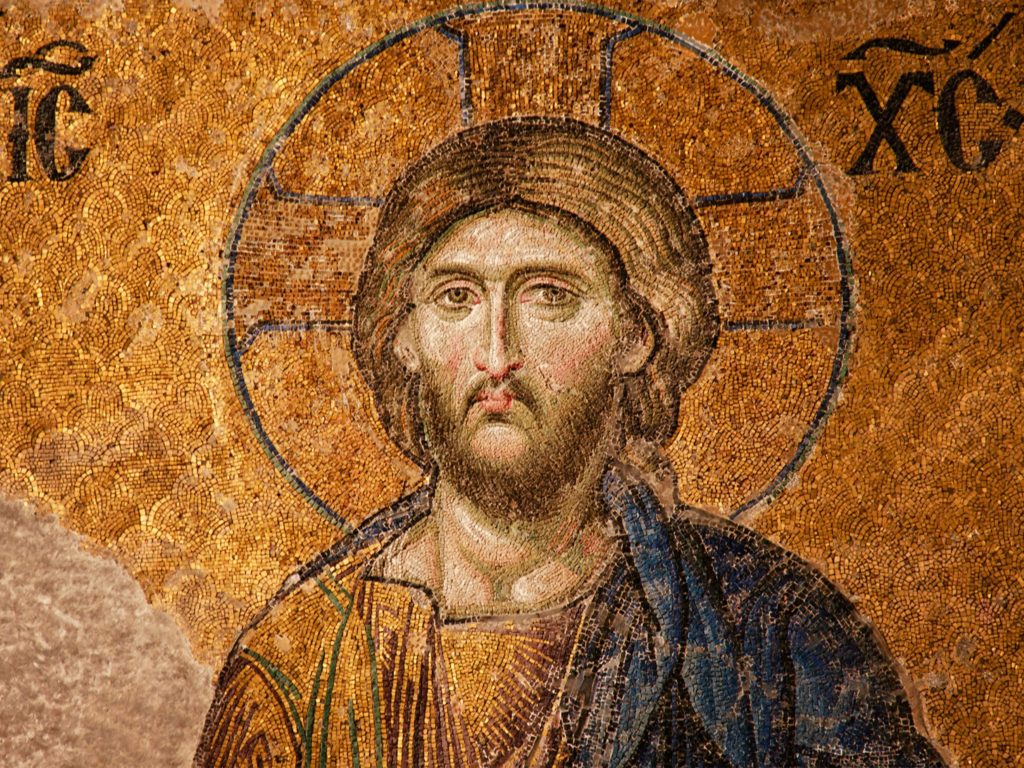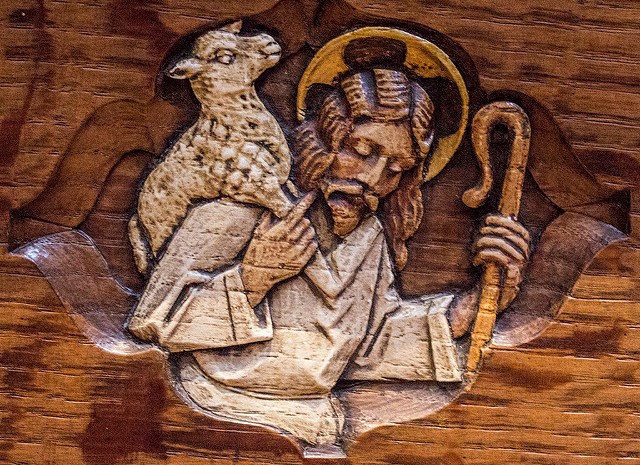
Blessing of the Animals
Genesis 1:24-31
Psalm 148:7-14
Matthew 11:25-30
I have a lot of books about ministry, and none of them tell me how to bless a animal. None of them. I’ve got the Book of Common Prayer, I’ve got the Lutheran book of worship, I’ve got commentaries on the Book of Common Prayer, and (I kid you not) commentaries on the commentaries of the Book of Common Prayer. There are notes about how to bless water, about how to bless a baptismal font, how to bless people who are sick or dying, and all sorts of other things. But none of it tells me how to bless an animal, much less a picture of one. Maybe Pastor Gary’s got something up his sleeve, but I got nothing.
But you know what, that’s fine. I mean, I like all the ceremony and liturgy and words and all, but when it comes to pets and to Creation, I think simplest is often best. Because that’s how Creation is in our lives, anyway. There’s a sort of immediacy to the way animals and nature, isn’t it? There’s a closeness, an intimacy, of the way a dog greets us when we come home, or how a cat sits on our lap (or our book) in the evening. There’s an immediacy of the weather, of the gusting of the wind, of the smell of the ocean, of the coolness beneath a tree’s shadow on a summer day. The blessings of God through nature come to us in this close, intimate way, and this closeness speaks volumes without ever uttering a word.
I think St. Francis, whose feast day we remembered on Friday, knew this. There’s a story about how, one day, in the middle of his home city, he stripped off all his clothes and handed them back to his father, saying that his Father in heaven had provided him with everything he really needed. And while I really enjoy clothes and frown a bit on public nudity, I think I know what St. Francis meant. There’s something healing about nature. There’s something healing about snuggling with a dog, or the companionship of a horse, or the sunshine, or the rain. And with all this stuff we fill our lives with, all this stuff we have to make our lives easier or more convenient or a bit more comfy, we forget all that. We forget that God is there providing for us each and every day, each and every moment. St. Francis who reminds us of this, which is one of the reasons we remember him. And it’s our pets, other animals, and nature herself that remind us of this, too.
Now don’t get me wrong. Nature isn’t always warm and cuddly. I just moved from Tennessee where it was like a billion degrees from January 1st to Christmas (not really). Dogs don’t just cuddle; they also bite. The same wind that can gently ruffle the soul can also blow houses down. And that’s why, as we enjoy and love Creation, we have to remember and pray for those who are in the path of it: those who are affected by everything from earthquakes to heat waves. Sailors know this: the ocean isn’t just a nice thing you get to look at when you’re in the mood for some good brooding: it’s something that can give life, and something that can take it away.
And that’s why we come to bless it. For when we bless something, one of the things we do is look at it square in the face for what it is, not what we want it or demand it to be. For Creation isn’t ours. God gave it to us like a library book, and if we bring that library book back to the library with pages ripped out and coffee spilled on it, we’re gonna be in trouble. God gave us stewardship of Creation like a parent gives their teenager the keys to the car, and woe to you if the next time I see this car it’s in a ditch. Whether we are in efforts to conserve Creation, using its resources for the betterment of society, or just sitting down next to our dog after a long day’s work: we are to see that Creation is God’s, just like our bodies, our souls, and all of our love, hope, and joy that we have ever known.
So, after some prayers and some singing, Gary and I are going to bless these animals. And tomorrow, I hope you’ll bless them, and continue to bless them, each and every day of your life.




